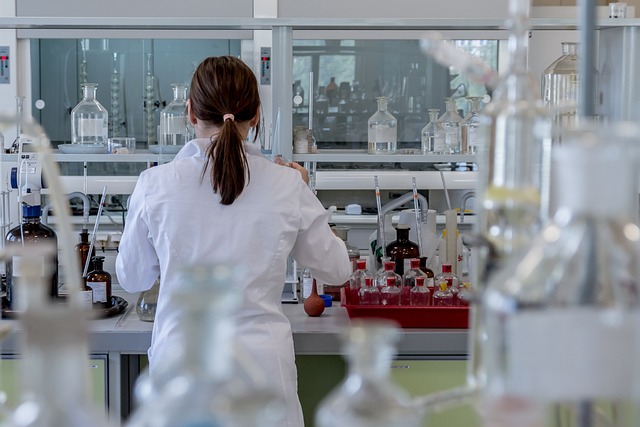Three promising UG researchers to top institutes abroad on Rubicon grants

Three promising PhD graduates from the University of Groningen will be able to conduct research at top institutes abroad for two years thanks to the Rubicon programme organized by the Netherlands Organisation for Scientific Research (NWO) and ZorgOnderzoek Nederland Medische Wetenschappen (ZonMw; Healthcare Research Dutch Medical Sciences) . The NWO and ZonMw Rubicon programme enables talented, young researchers to acquire international research experience to help kick-start their academic careers.
DNA repair: wrong place, wrong time.
Dr. Y.P. Kok , Faculty of Medical Sciences/UMCG, University of Groningen -> Switserland -> University of Zürich -> 24 months
DNA replication stress induces DNA lesions which on the one hand fuels tumorigenesis and on the other hand negatively impact cell viability. Post-MiDAS is a recently discovered DNA-repair mechanism that may mitigate detrimental effects of replication stress. Kok proposes to elucidate the role of post-MiDAS in coping with replication stress.
Unravelling key mechanisms of nuclear pore complex biogenesis
Dr. E.F.E. Kuiper , Faculty of Medical Sciences/UMCG, University of Groningen -> Verenigde Staten -> Yale University -> 24 months
The nuclear pore complex is the gateway to our DNA and crucial for cellular health. It is one of the largest complexes in the cell, but how does the cell make sure that it is correctly assembled? This research aims to elucidate quality control checkpoints in nuclear pore complex biogenesis.
Division from cooperation
Dr. K. K. Nakashima , Stratingh Institute, University of Groningen -> Frankrijk -> Institut de Science et d’Ingénierie Supramolécularies, Université de Strasbourg -> 24 months
Cells undergo growth and division cycles to achieve replication, a pillar of life. Scientists cannot explain how primitive cells could divide, even though it is clear they succeeded. This project combines the chemical power of coacervates with the biophysics of vesicles to test a hypothesis of a primitive division mechanism.
| Last modified: | 21 August 2023 11.05 a.m. |
More news
-
03 April 2025
IMChip and MimeCure in top 10 of the national Academic Startup Competition
Prof. Tamalika Banerjee’s startup IMChip and Prof. Erik Frijlink and Dr. Luke van der Koog’s startup MimeCure have made it into the top 10 of the national Academic Startup Competition.
-
01 April 2025
NSC’s electoral reform plan may have unwanted consequences
The new voting system, proposed by minister Uitermark, could jeopardize the fundamental principle of proportional representation, says Davide Grossi, Professor of Collective Decision Making and Computation at the University of Groningen
-
01 April 2025
'Diversity leads to better science'
In addition to her biological research on ageing, Hannah Dugdale also studies disparities relating to diversity in science. Thanks to the latter, she is one of the two 2024 laureates of the Athena Award, an NWO prize for successful and inspiring...
